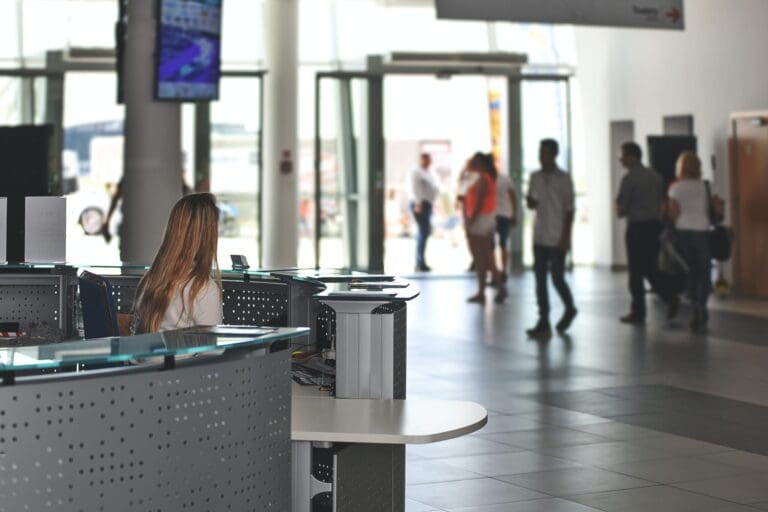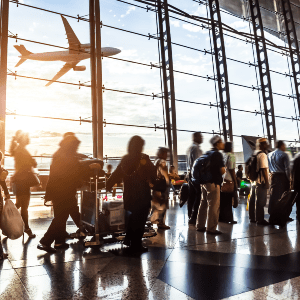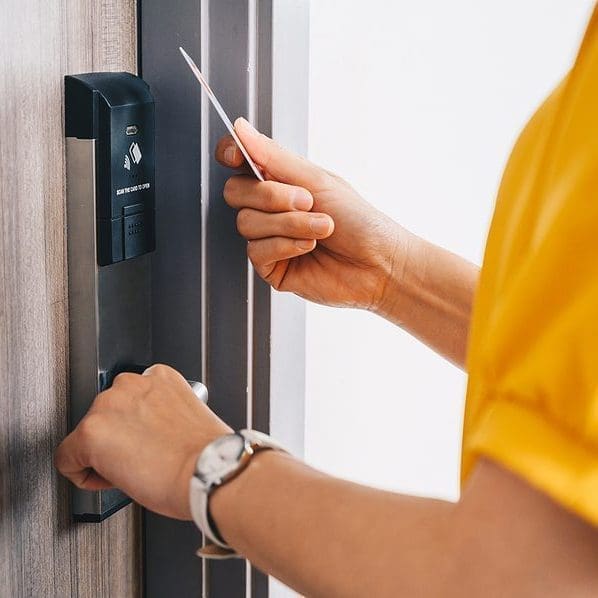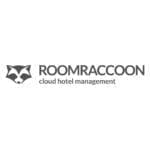When experts analyse security incidents in hotels they consistently find that prevention is less costly than the cure.
When they tally the full costs of the incidents, including time spent in reactive management, the cost of insurance, security expenses and compensation charges, they conclude that most of the incidents were preventable at a fraction of the cost. A pro-active approach based on a professionally designed security Risk Assessment program would have put the hotels well ahead cost wise.
Not only that, a Risk Assessment followed by action on any recommended changes and improvements would have likely protected the brand and image of the hotel. Once the media focuses its attention on a major security incident, the news spreads quickly on TV and by social media. Remember the terrorist attacks in Mumbai and Islamabad, the armed robbery during a poker tournament in a Grand Hotel in Berlin and the alleged rape of a room-maid in a 5-star Hotel in New York by a famous politician? All were big news and had a downward pull on the image of the hotels concerned.
More than copy and paste
A Risk Assessment is a basic requirement of a Business Continuity Plan. It can assess various security scenarios such as blackouts, floods, pandemics and times of unrest such as we are currently seeing in Thailand. However, a lot of Business Continuity Plans and security procedures in Hotels are “copy/paste implementations” and do not always take into account local, regional and cultural differences. Some hotels have a Business Continuity Plan in place, but it remains untested.
In some parts of the world, there are people who do not know how to read maps and floor plans. In one region, security guards were tested to see if they were able to show a guest on a map exactly where they were. Most were not able to perform this task. These results were sobering and quite scary. The guards’ lack of education and training also put their own welfare at risk. Illiteracy, educational background, disabilities, social disorders, crime hot spots and natural hazards will affect safety and increase the risk factor. Escape and emergency plans are indispensable so alternative solutions should be found when operating under these conditions. A well thought through penetration test will show and prove if people are at risk. Experienced Risk Managers will give you guidance through this process.
Most countries have legislation in place to regulate employers’ duty to ensure, as far as practicable, that employees are not exposed to hazards in the workplace. Fire safety standards are interpreted a little differently in every country, but the characteristics of a fire and how to handle it remain the same everywhere. The risks will range from low to high depending on each country and how the hotels are constructed. A Risk Assessment will ask questions such as, ‘If your hotel is more then 20m in height, do you have a high-rise evacuation plan in place?’ ‘How long will it take at night to evacuate the building when the ground floors are completely on fire?’ The night time risk factors in a hotel are critical because of usually lower staff levels.
Changing expectations
The hotel industry will experience more pressure for higher security standards from customers in the future. The language of corporations describing travel expectations is changing to reflect a growing desire to mitigate threats, lower costs and protect a company’s greatest assets – its people. More and more corporate risk and travel managers will be asking questions such as:
- How safe is it for our employees to stay in a particular hotel, if that hotel’s security plan is not certified?
- Does the hotel have excellent fire, health & safety standards?
- Will assets (laptop etc.) and other confidential documents in the hotel room be safe?
Hotels need to get ready to answer questions like these if they want to stay competitive and maintain their share of the corporate market. Tourists are also becoming more safety conscious and in the future, they (or their travel operators) will be more likely to make hotel selections based on certified security standards.
The Risk Assessment will help hotels meet the expectations of other stakeholders:
Investors expect the hotel will take all necessary actions to protect property and assets
Hotel guests expect the hotel will safely accommodate them at all times
Hotel staff has the right to expect their employer will fulfill their duty of care at all times and provide a safe workplace
The legislator expects all Hotel procedures to meet current legislation for the safety and security of people
Corporations have a ‘Duty of Care’ to their employees travelling abroad to ensure their health and safety.
Analysing from scratch and identifying every hotel’s specific operational risks is fundamental for every security policy and health & safety guideline staff has to follow. Follow-up annual Risk Assessments give assurance your security remains at a high level and they tell you that everything is in place (and not just assuming it is) to stay in business. It will show hotels how to minimize risks and avoid injury to people, damage to the image of the hotel and damage to property.
Combining a Risk Assessment with a company compliance check will help improve the brand standards and will help to justify the Risk Assessment in the next budgeting round.
What value is there in a Risk Assessment? When it protects the hotel brand, prevents the loss of hotel assets or guest property, when it prevents one single fire incident in the building, when it prevents one single accident, prevents an injury, prevents one death, the investment in a Risk Assessment is certainly worth it.
Do-it-yourself Risk Assessment
Sky Touch Global Hotel Security Consulting Pty Ltd specialises in security Risk Assessments for Hotels worldwide. The company has developed a free short self-assessment to assist you in rating your Hotel security standards. Twenty selected key questions will identify if your hotel is at risk and if you should consider conducting a full Risk Assessment in order to raise security levels. Click here to complete the self-assessment.
About the author
Founder and Managing Director of Sky Touch Consulting, Stefan Vito Hiller, has over 20 years experience in the hotel industry including five years experience in the security field. He has worked for leading hotel brands in Munich, Frankfurt, Bremen, Berlin, Cork, Edinburgh and Doha in the Middle East.
When working for a leading global security company in Germany, Stefan developed their hotel and tourism security segment. In this position, he conducted overt and covert security audits, provided security training and developed innovative security solutions.
Stefan now consults to hotels to implement innovative and affordable strategies to raise their level of security to meet growing global demands.





























